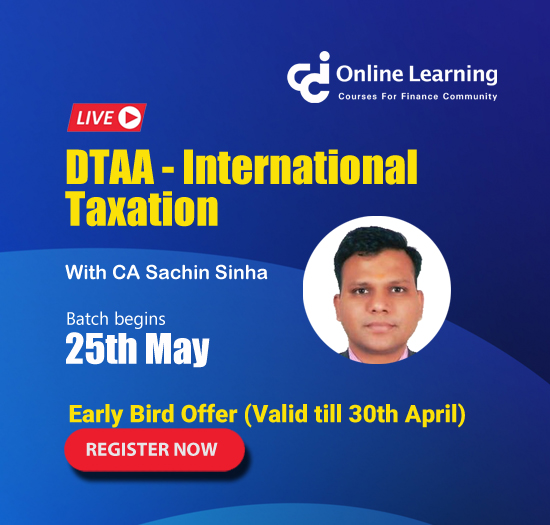Centralized GST Registration Cell Aims to Reduce Fake Taxpayers and Boost Revenue Collection
Delhi, June 23, 2023 - In a significant move aimed at simplifying and strengthening the Goods and Services Tax (GST) registration process, the Delhi GST Department has recently issued a comprehensive Standard Operating Procedure (SOP). This SOP, identified as F.3(486) GST/Policy/ 2023/721, has been dated June 23, 2023, and outlines a host of new measures and guidelines for the processing of GST Registration applications at the newly established Centralized GST Registration Cell, known as "Seva Kendra."
Streamlining Registration for Genuine Taxpayers
The Seva Kendra initiative, spearheaded by the Department of Trade & Taxes, is designed to serve as a central hub for receiving and processing GST Registration applications. One of its primary objectives is to streamline the registration process, making it more efficient and accessible to genuine taxpayers while reducing the number of deemed registrations.

Fighting Fraud and Tax Evasion
The introduction of Seva Kendra also aims to curb the entry of fake and non-genuine taxpayers into the GST system, thereby preventing tax evasion and resulting revenue loss to the government. By centralizing the registration process, authorities can more effectively verify the authenticity of applicants, ensuring that only legitimate businesses are granted GST registration.
Empowering Ward Officials
This initiative is expected to have a cascading effect on the overall tax administration ecosystem. With Seva Kendra taking charge of registration duties, ward officials will have more time and resources at their disposal to focus on other crucial aspects of GST administration. This includes revenue collection, compliance monitoring, scrutiny of returns, audit procedures, assessments, and appeals.
Key Highlights of the SOP
The SOP issued by the Delhi GST Department covers a range of crucial aspects, including:
- Relevant Statutory Provisions: The document outlines the legal provisions and regulations governing the granting of GST Registration.
- Verification of Application and Approval: Detailed procedures for verifying the information provided in GST Registration applications and the subsequent approval process.
- Timelines for Processing GST Applications: Clear timelines are established for processing applications, distinguishing between AADHAAR AUTHENTICATED and Non-AADHAAR AUTHENTICATED applications.
- Processing Procedure: The SOP describes a step-by-step procedure for processing GST Registration applications. It includes document submission requirements, data verification processes, and applicant communication protocols.
- Physical Verification: The document explains the circumstances under which physical verification of applicant premises or documents may be necessary and outlines the process for conducting such verifications.
- Reporting Requirements: Seva Kendra is expected to maintain comprehensive records and generate reports to ensure transparency and accountability in the registration process.
- Duties and Responsibilities: The SOP specifies the roles and responsibilities of officials involved in Seva Kendra's functioning, ensuring a well-organized and efficient operation.
- Deemed Approval Report: In cases where applications are not processed within the defined timeframe, the SOP outlines the conditions for deemed approval and the reporting process.
- Registration Report: This section of the SOP discusses the generation of registration reports, which will include details of approved registrations, pending applications, and other relevant statistical data.
With the introduction of the Seva Kendra and the newly issued SOP, the Delhi GST Department aims to foster transparency, efficiency, and integrity within the GST registration process, ultimately bolstering revenue collection and ensuring a fair tax ecosystem for all businesses in the region.
Complete SOP has been attached below




 CAclubindia
CAclubindia

